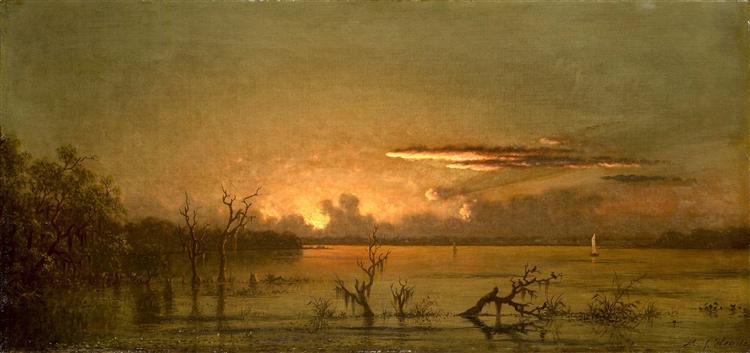That time of year thou mayst in me behold When yellow leaves, or none, or few, do hang Upon those boughs which shake against the cold, Bare ruin‘d choirs, where late the sweet birds sang. In me thou see’st the twilight of such day As after sunset fadeth in the west, Which by and by black night doth take away, Death’s second self, that seals up all in rest. In me thou see’st the glowing of such fire That on the ashes of his youth doth lie, As the death-bed whereon it must expire, Consum’d with that which it was nourish'd by. This thou perceiv’st, which makes thy love more strong, To love that well which thou must leave ere long.
One of the fundamental questions of human existence is whether it is truly better to have loved and lost than never to have loved at all. We especially struggle with this question when it comes to loving someone we will lose. We reasonably want to know why we should accept this, knowing that we will suffer from the loss.We can look for an answer in Shakespeare’s Sonnet 73. Shakespeare frames this dilemma as the love of a younger man for someone nearing death. In many of his other sonnets, the bard demonstrates how the poet can cheat death through his verse—the poem itself will preserve his life, and he will attain a certain sort of immortality. Sonnet 73 makes no such claim; the sonnet draws the reader’s attention to the speaker’s decline and how he will soon die.





